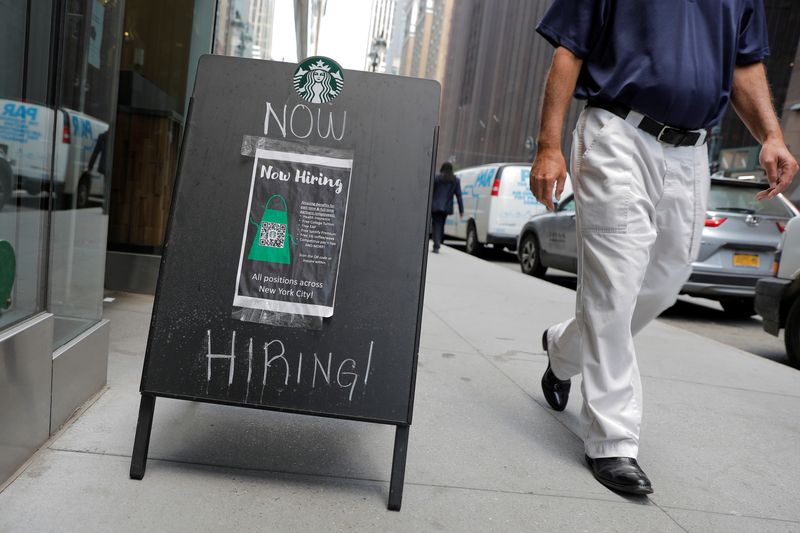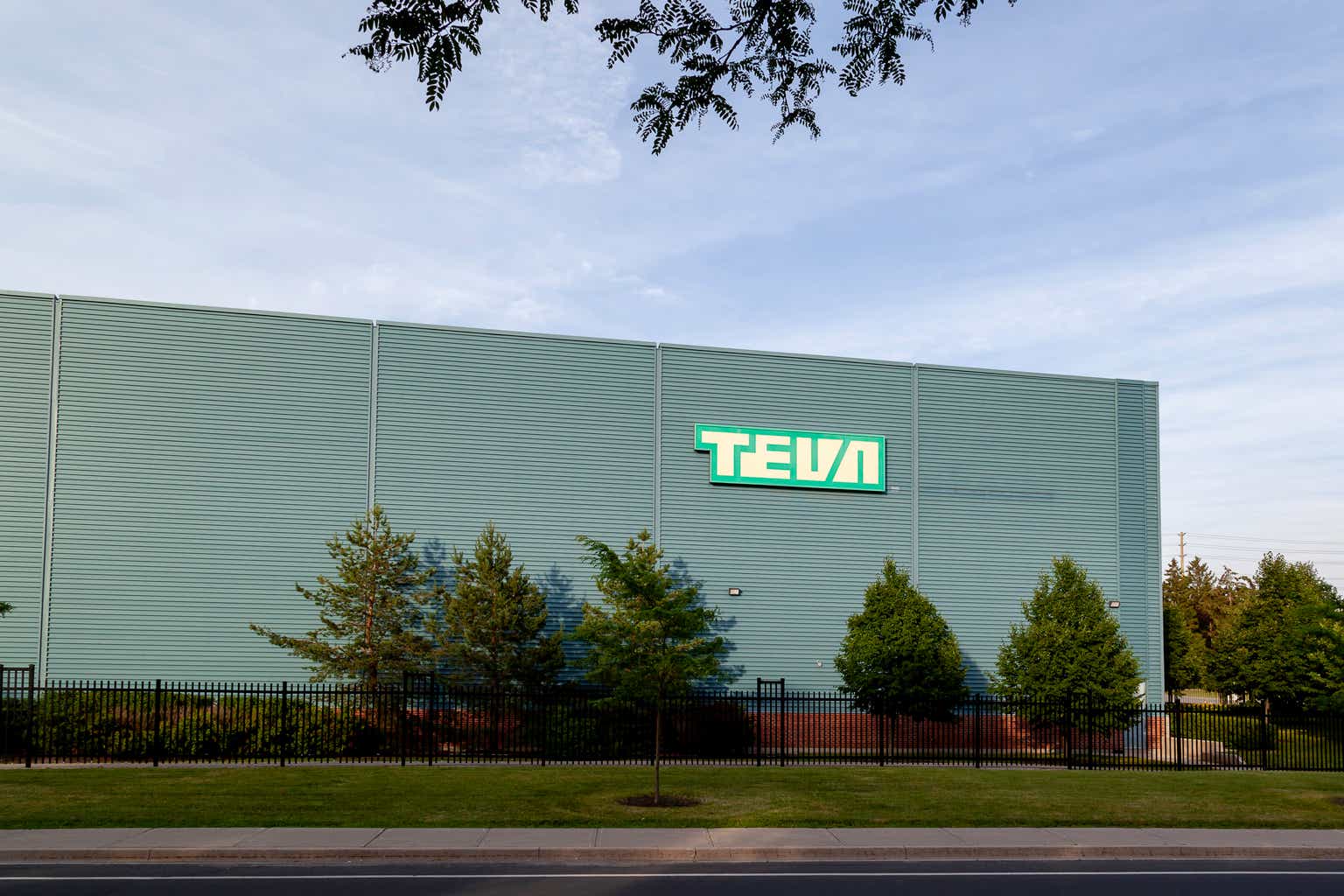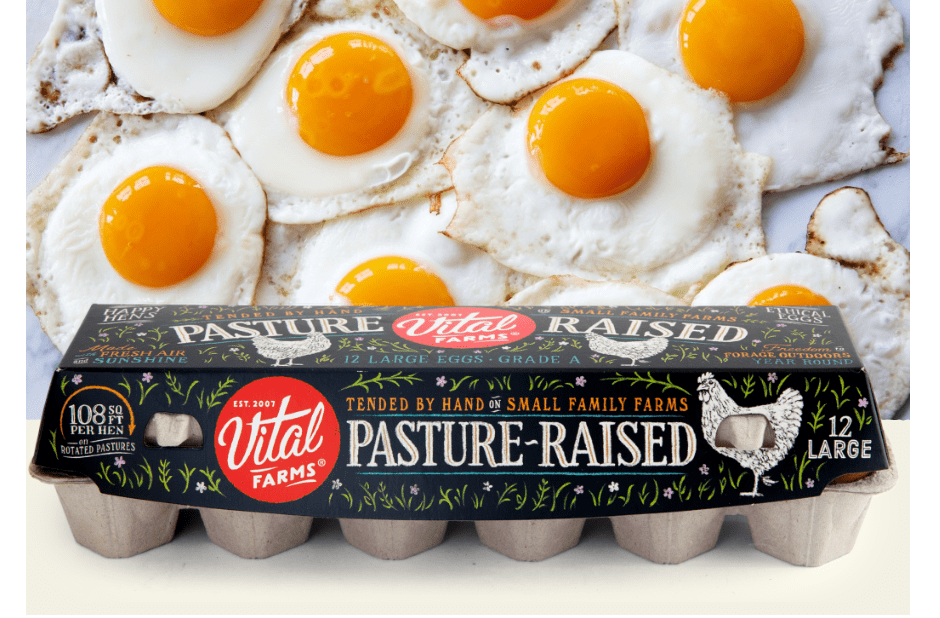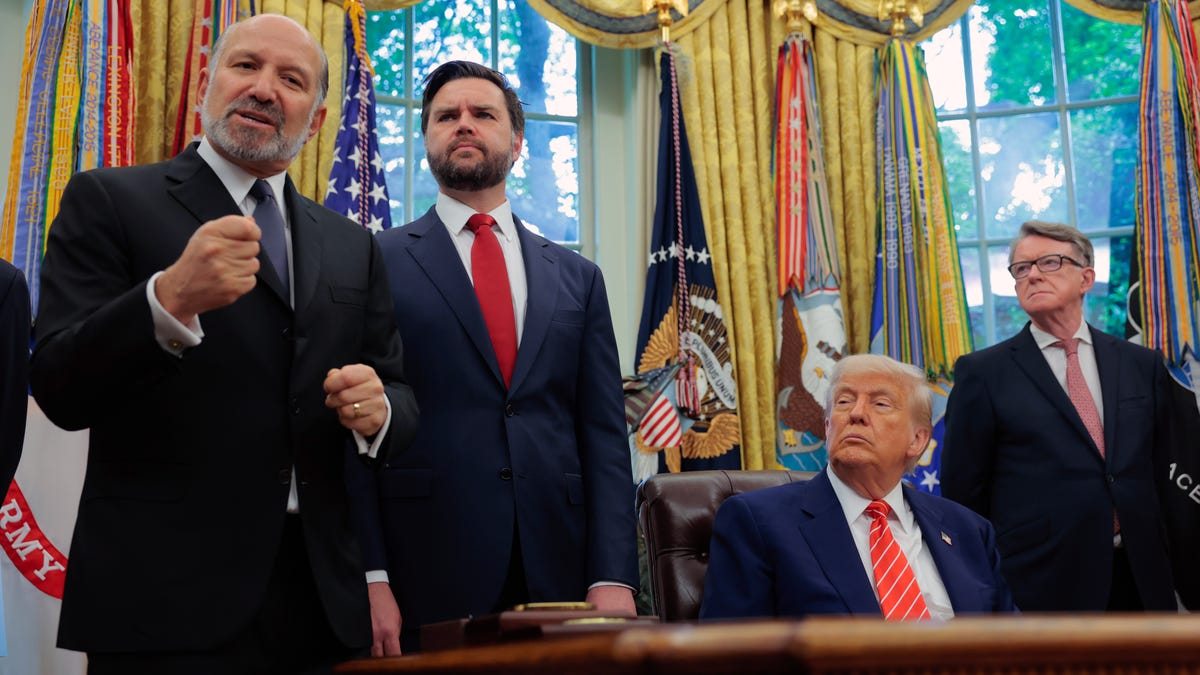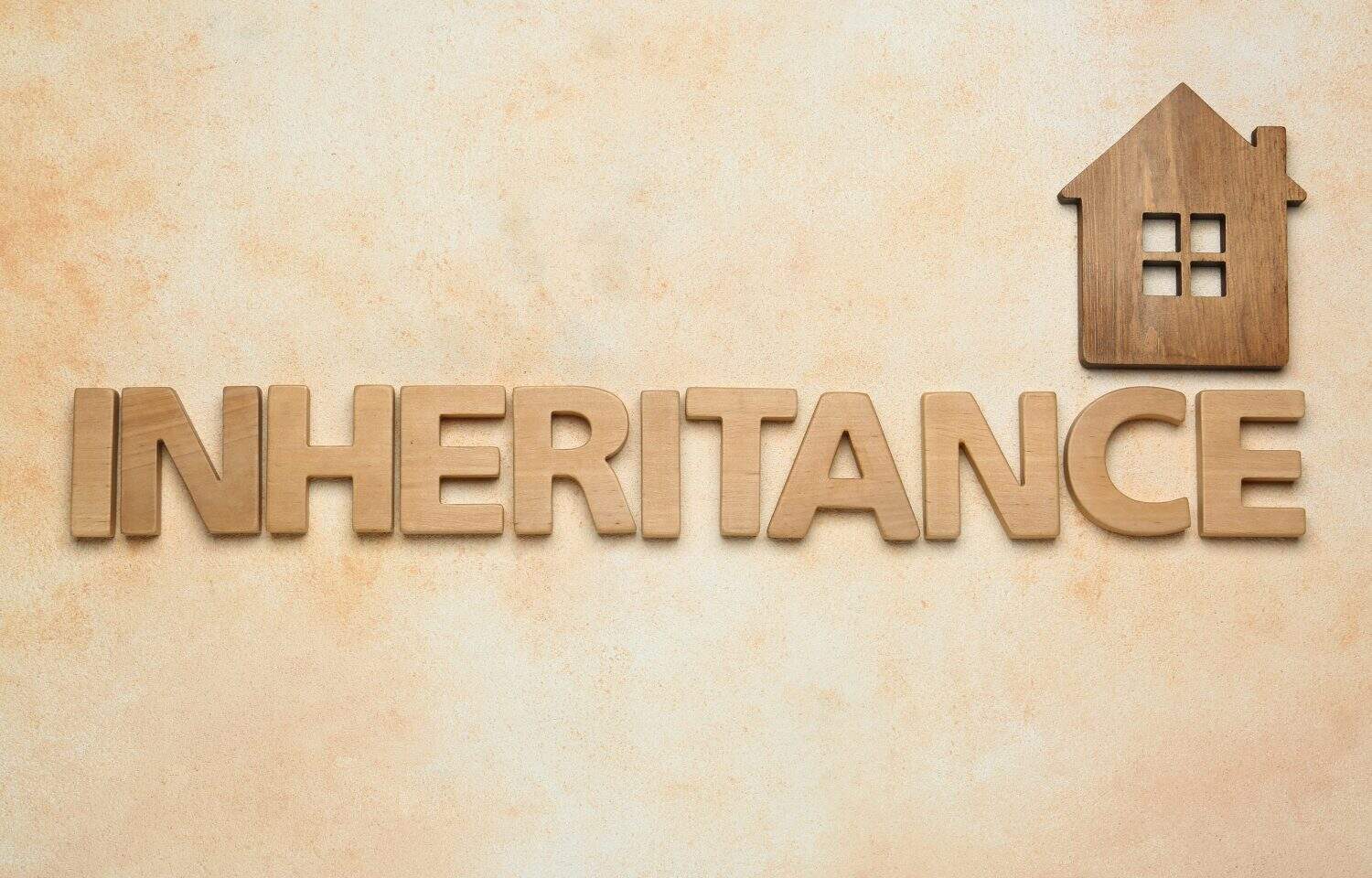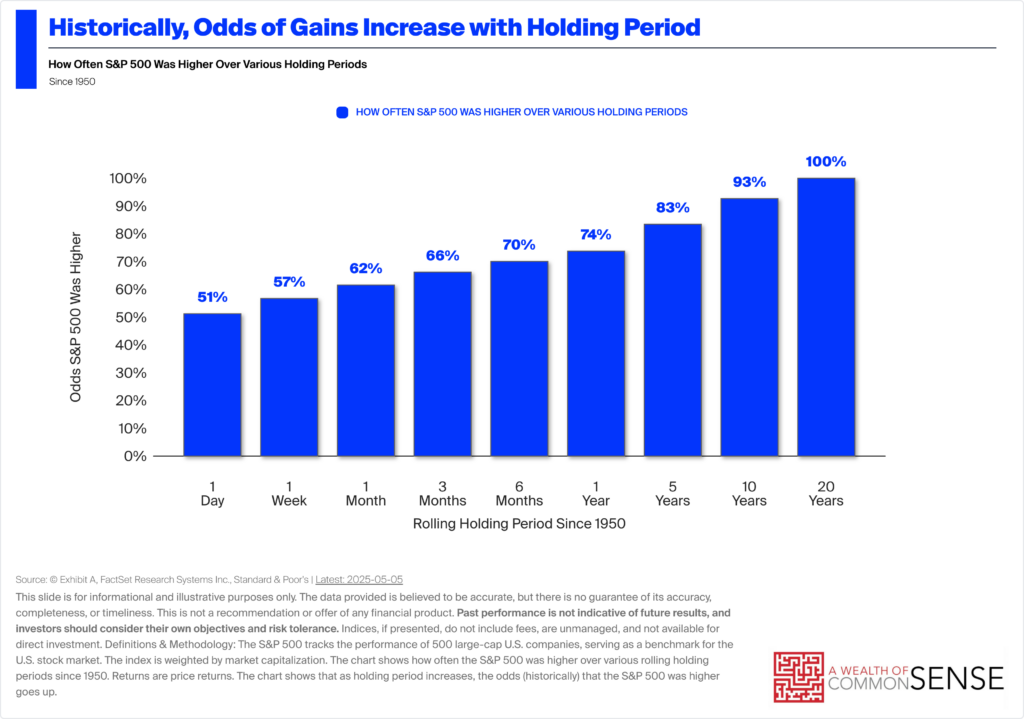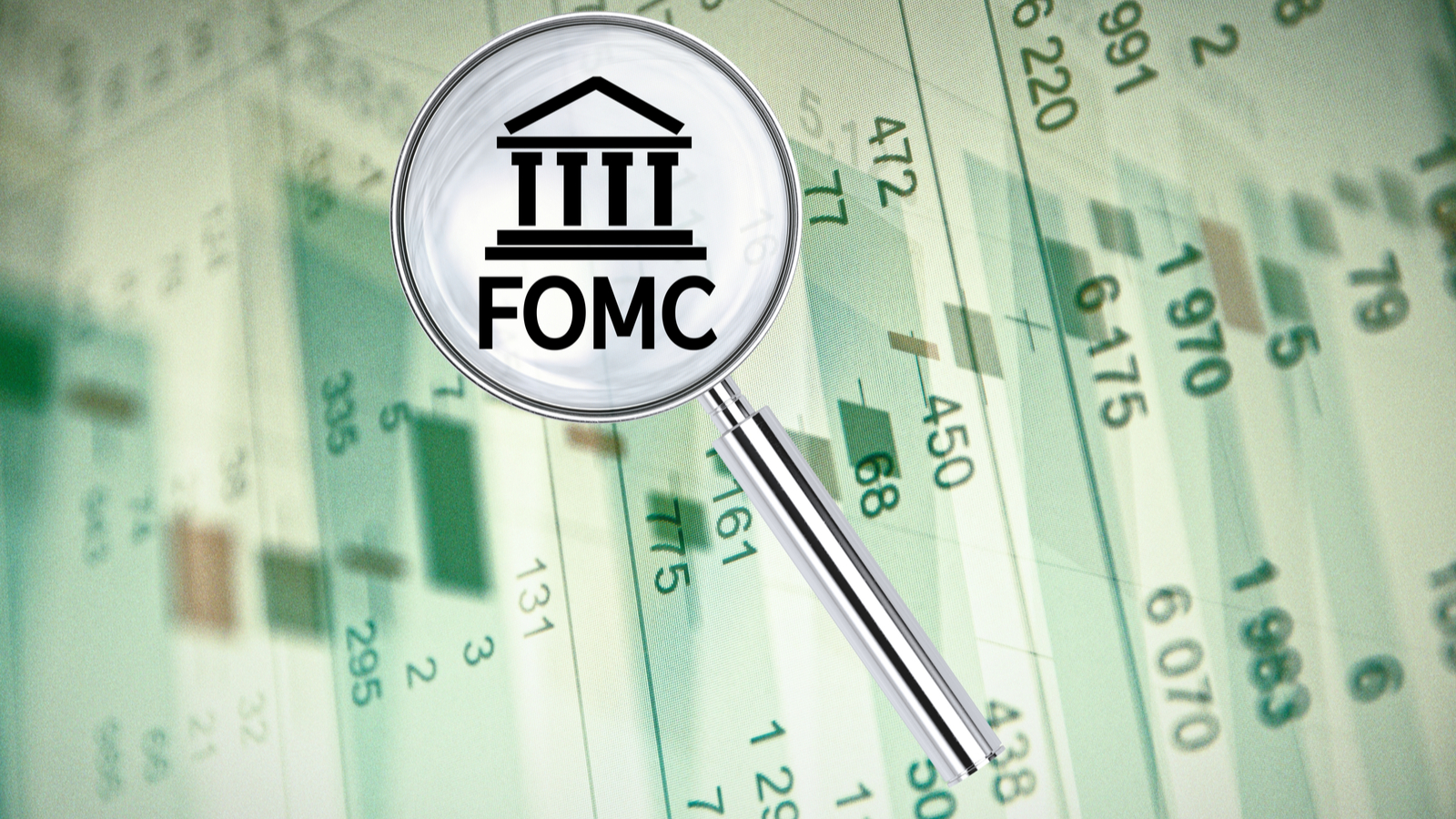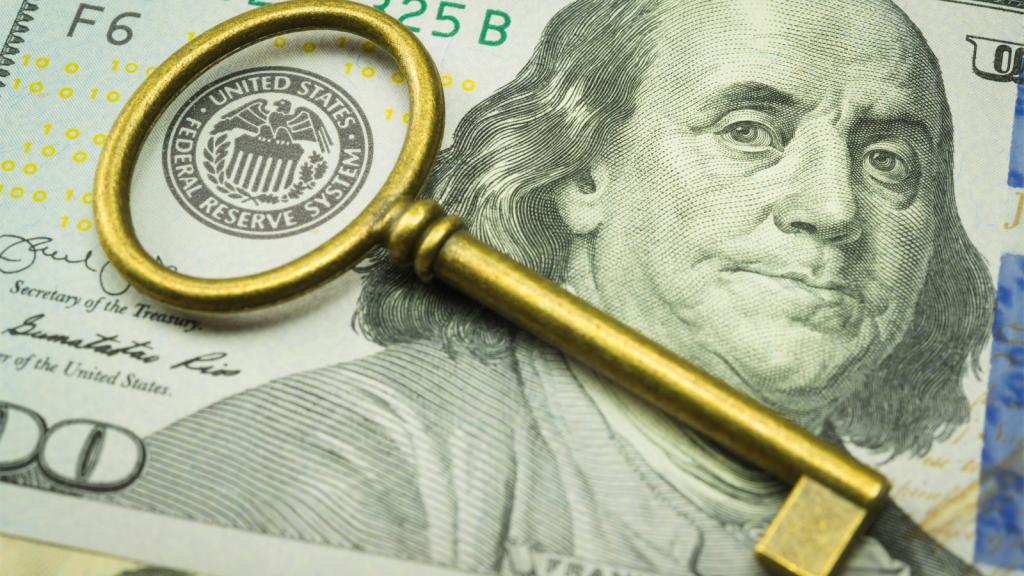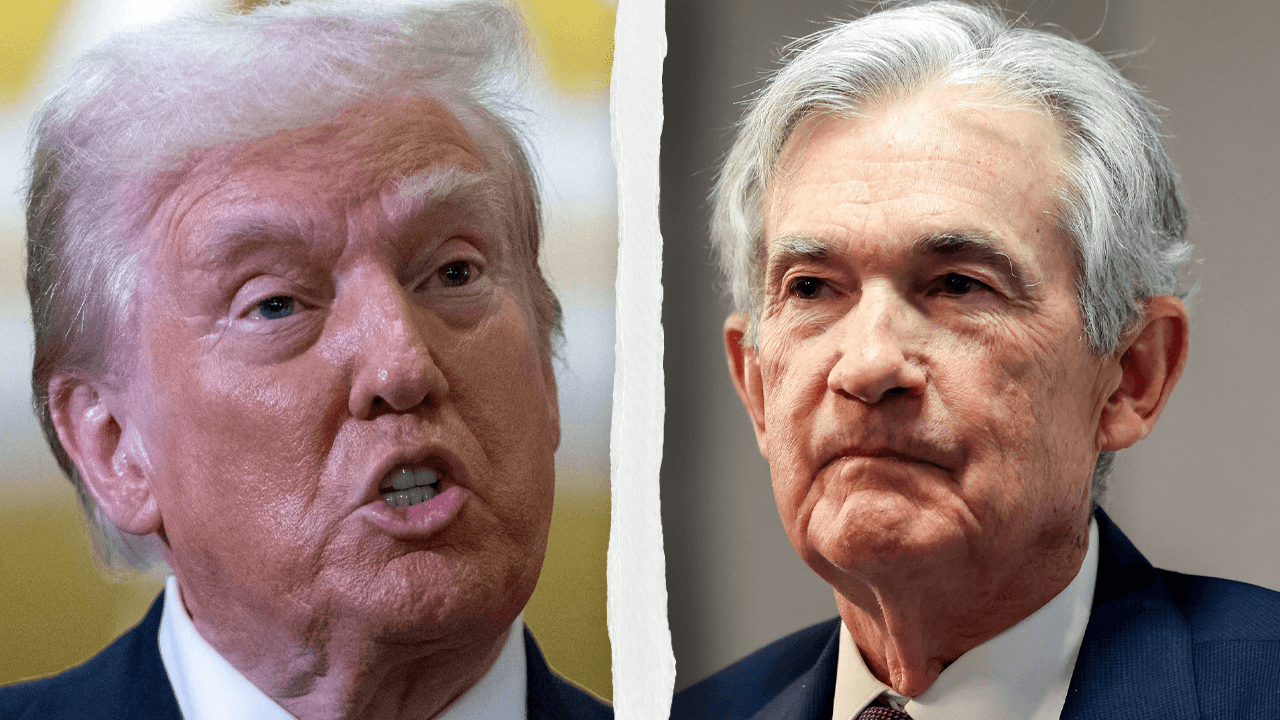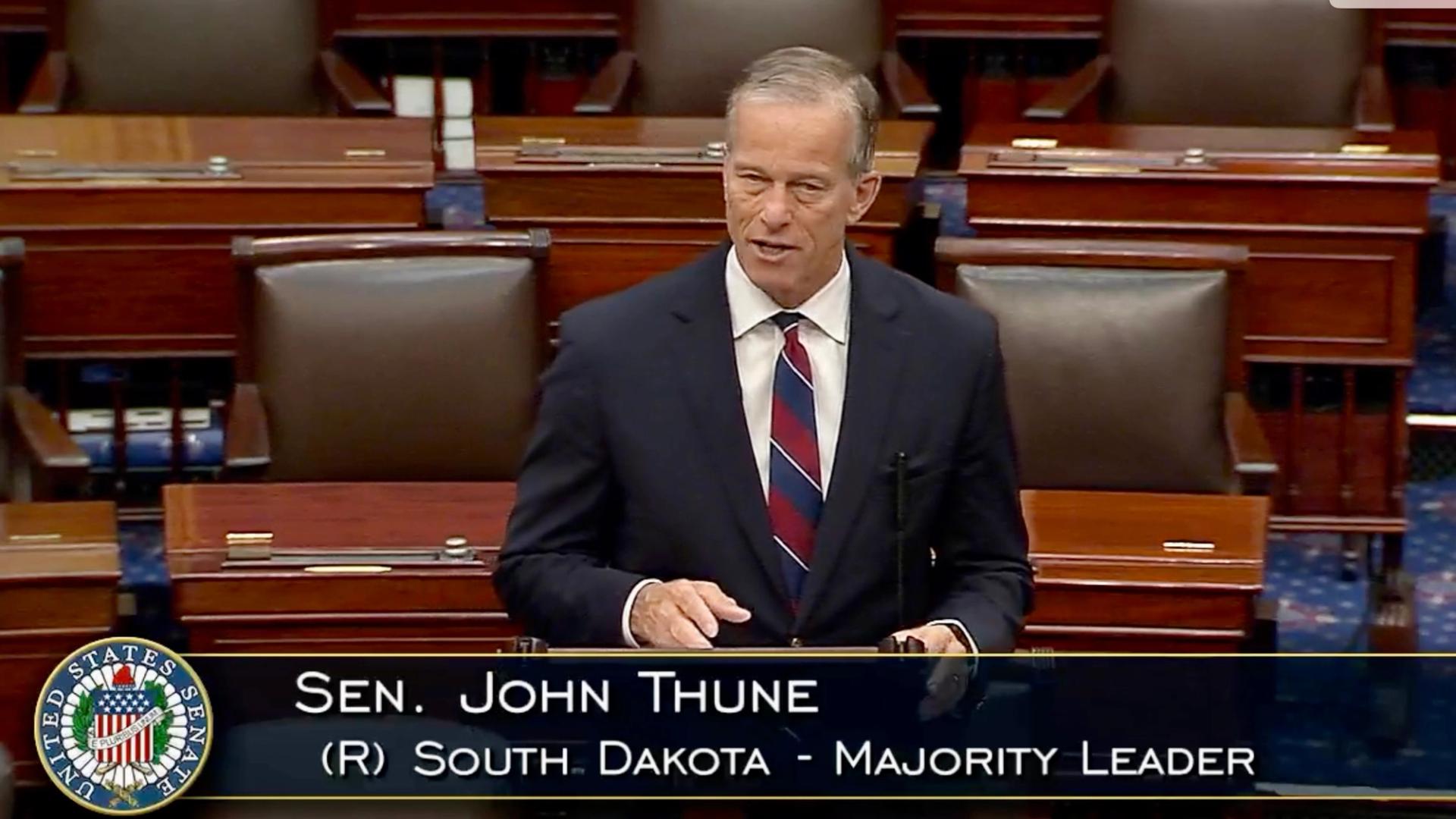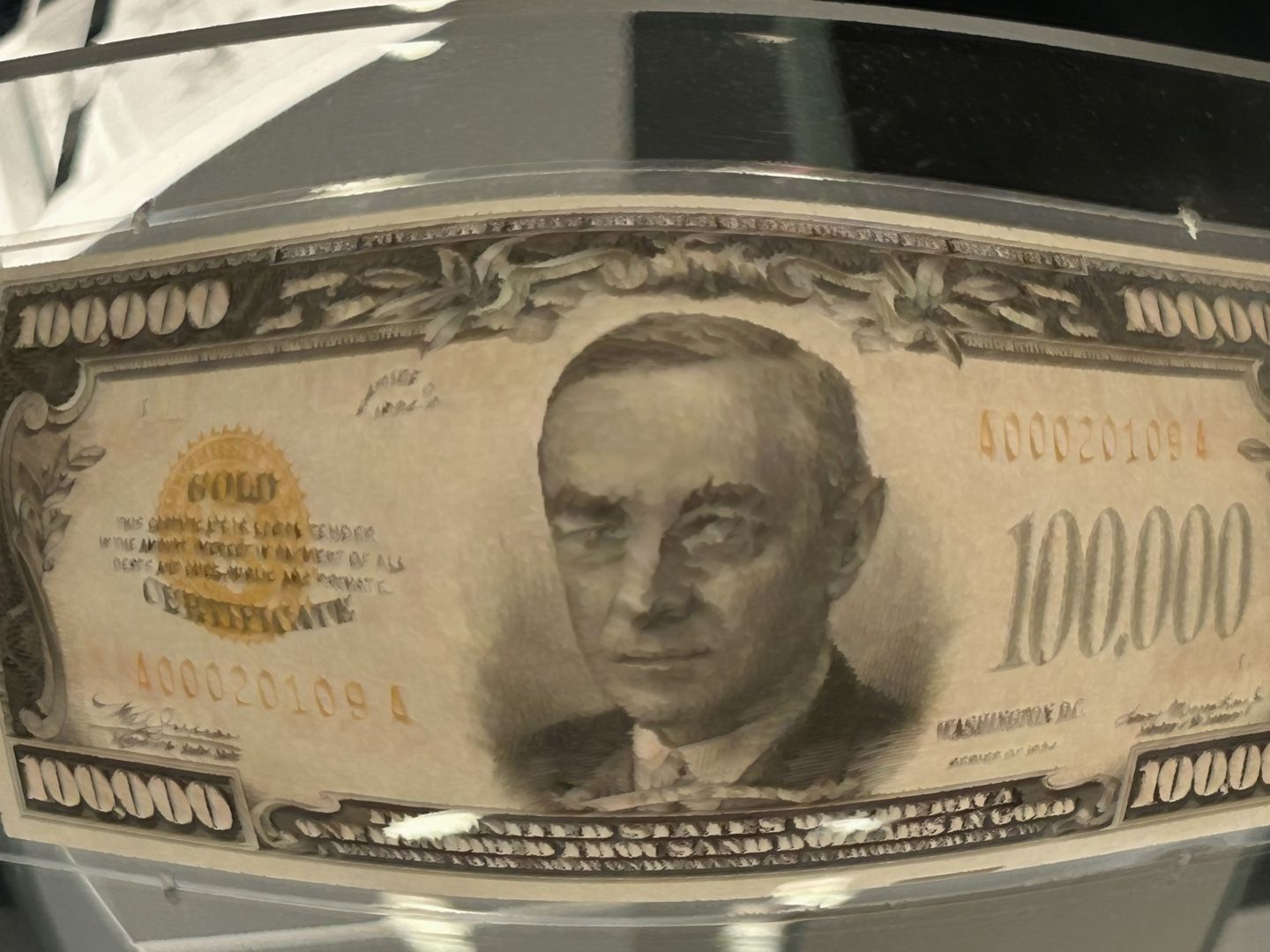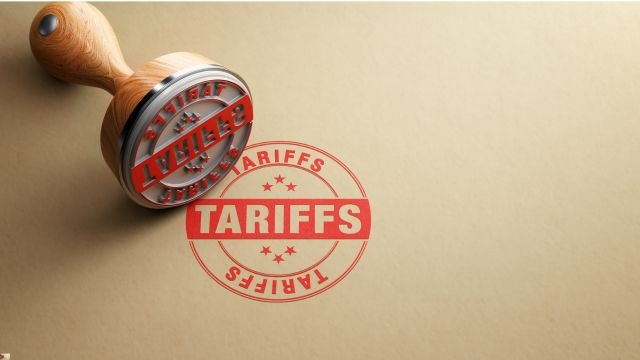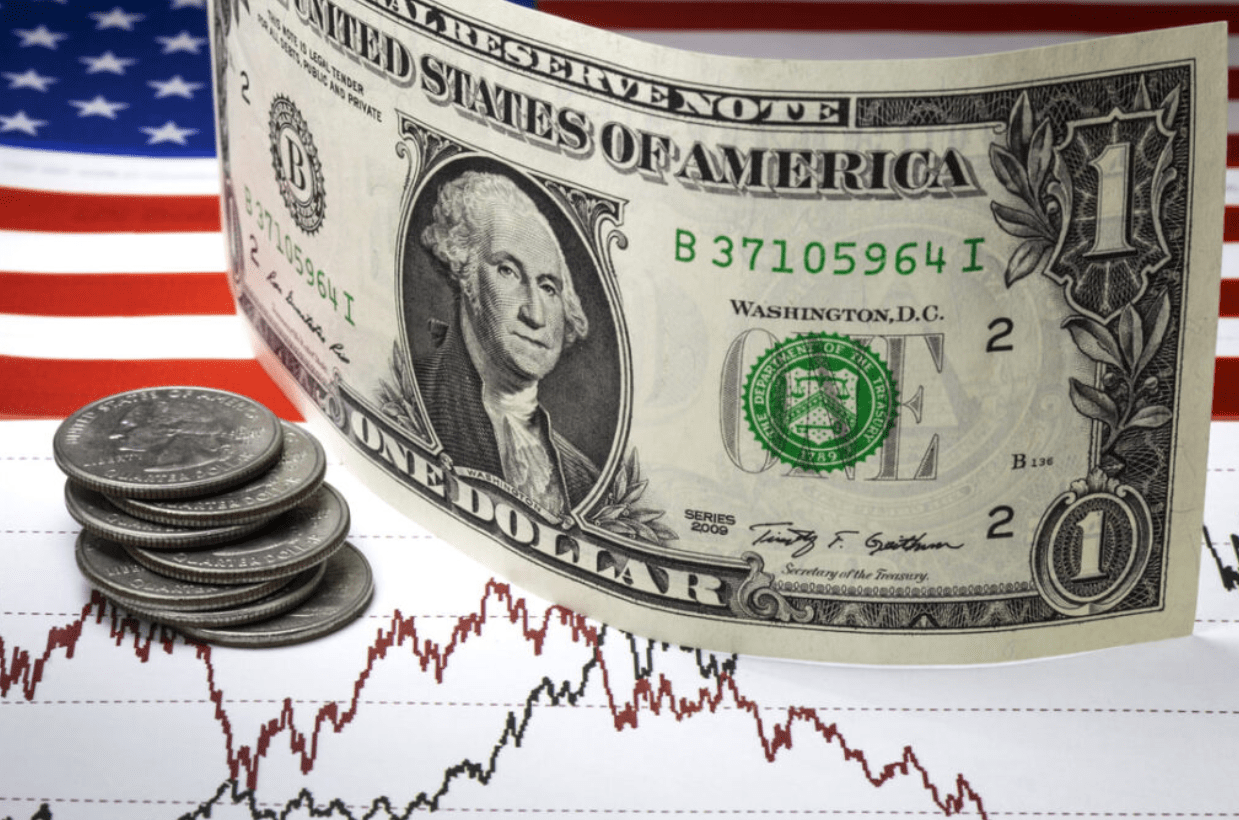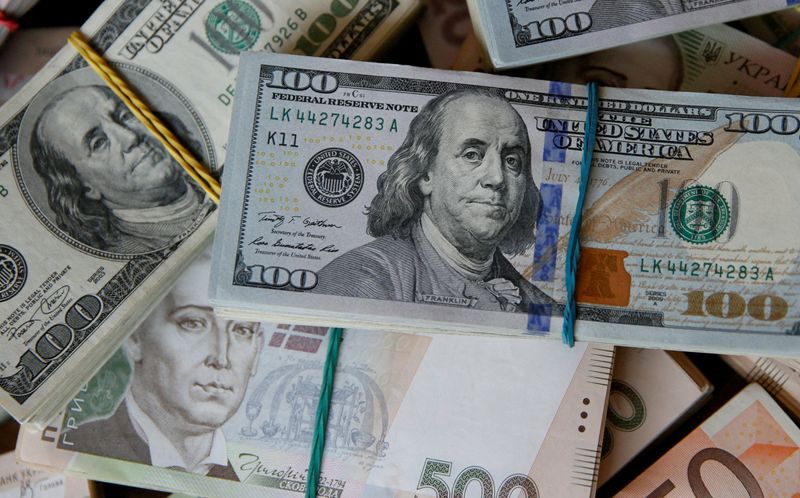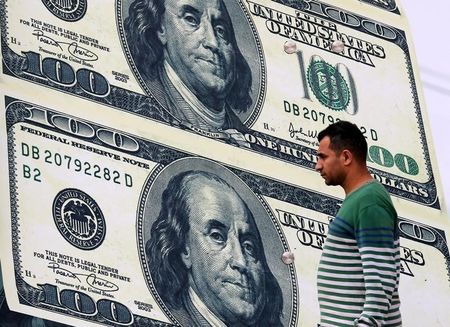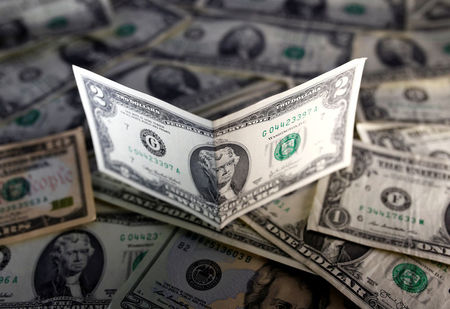Is a 25% match in a 401(k) too good to be true?
A Reddit user was looking through the 401(k) paperwork from his wife’s job and was surprised to find something unusual about the matching contribution her employer is offering. The Redditor explained that his wife is an RN who doesn’t make a ton of money, but whose employer is willing to give her a 25% match […] The post Is a 25% match in a 401(k) too good to be true? appeared first on 24/7 Wall St..
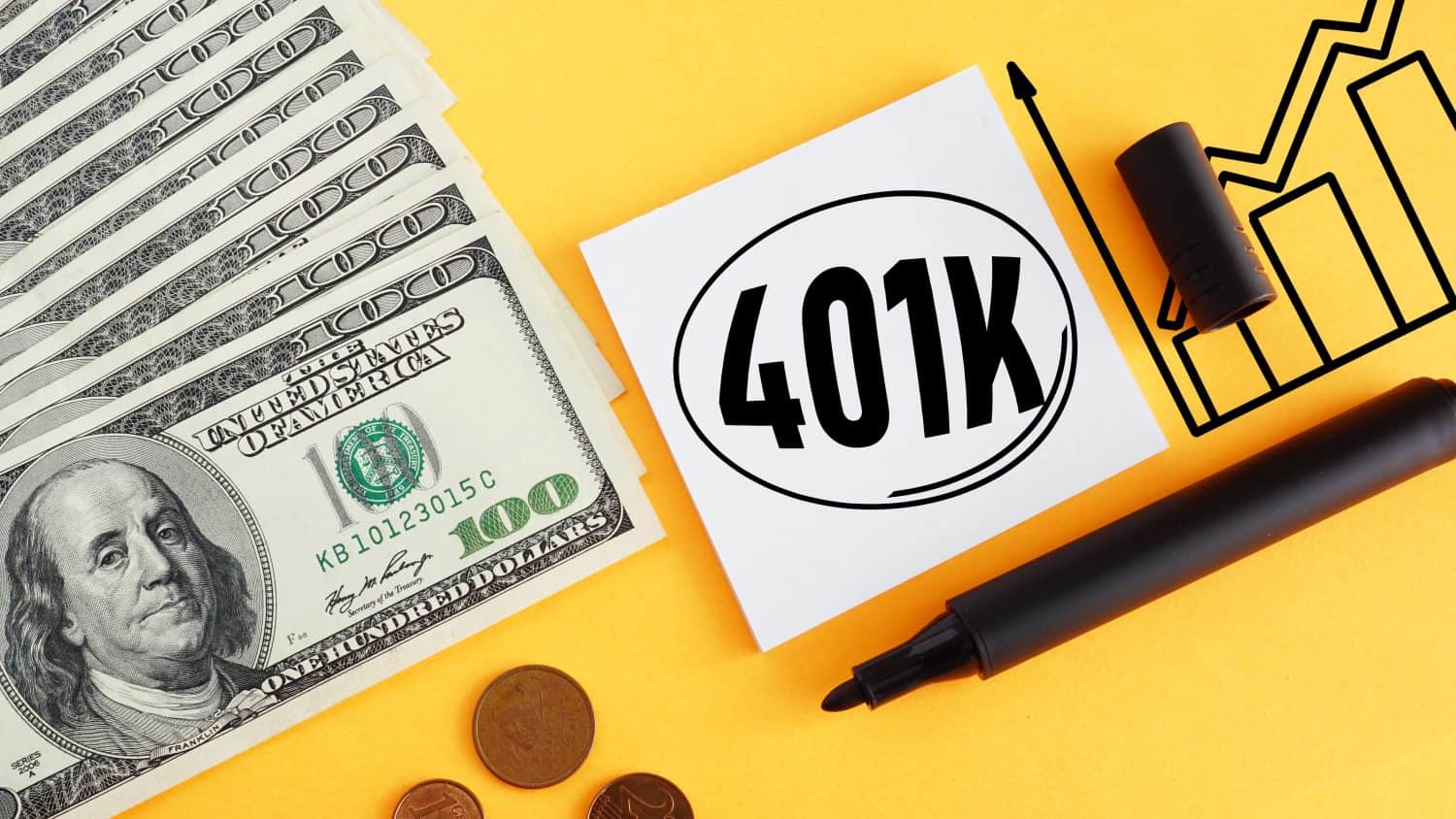
Key Points
-
A Reddit user is wondering if his wife’s 25% 401(k) match is too good to be true.
-
401(k) plans are well-regulated, so if an employer promises a match, it must provide it.
-
Maxing out a 401(k) to earn a 25% match could help set the couple up for a more secure future.
-
Are you ahead, or behind on retirement? SmartAsset’s free tool can match you with a financial advisor in minutes to help you answer that today. Each advisor has been carefully vetted, and must act in your best interests. Don’t waste another minute; get started by clicking here.(Sponsor)
A Reddit user was looking through the 401(k) paperwork from his wife’s job and was surprised to find something unusual about the matching contribution her employer is offering. The Redditor explained that his wife is an RN who doesn’t make a ton of money, but whose employer is willing to give her a 25% match on her 401(k) with no limit.
So, is this too good to be true, and what should the Redditor’s wife do in this situation?
401(k) matching contributions vary by company
The Reddit user was right to be surprised by how big his wife’s employer match is. While most companies that offer a 401(k) do provide some matching funds, it is rare to see a 25% match. What’s more, most companies limit the match to a percentage of your salary, such as 3% or 4%. With no limits on how much the company will contribute, the poster’s wife’s employer is essentially offering workers who maximize their retirement savings a 25% pay bump due to the value of the employer contribution.
Now, the original poster (OP) seems skeptical about how great the deal is, but the reality is that 401(k) plans are tightly regulated. Employers must provide honest disclosures about the matching contributions on offer and can’t engage in dishonest behavior surrounding 401(k) plan management or funding. So, the poster doesn’t really need to worry about the deal being deceptively good.
The OP should look at what the vesting schedule is, though. While all funds that an employee puts into their 401(k) are the employee’s to keep no matter what, some companies have vesting schedules for company contributions. If the company says contributions don’t vest for a year or two, then the wife would have to stay on the job for at least that long to get to keep the matching funds.
Should you max out a (large) company match?

The Redditor was trying to decide whether to convince his wife to max out her 401(k) to earn that full match, even though doing so would eat up about 40% of her income. The answer to this one is a no-brainer. If she can afford to, she should do it.
There’s no reason to pass up a 25% match and miss out on earning all that free money. Plus, investing a lot of your income for retirement can help you get generous tax breaks and set you up for a secure future. Even if the match does require her to work for a while before it vests, and she leaves her job before that happens and doesn’t get all the matching money, she’s still better off because she has the funds she personally invested.
Of course, saving 40% of your income for retirement isn’t possible for everyone. Since the OP also has a job, though, if the couple can live comfortably on his earnings while saving a good portion of her earnings for the future, they may both be better off for doing so. It may be worth a conversation with a financial advisor to understand how this decision will affect their long-term goals, though, as a professional can help them to consider the big picture and make the choice that’s best for their financial security over the long-term.
The post Is a 25% match in a 401(k) too good to be true? appeared first on 24/7 Wall St..



